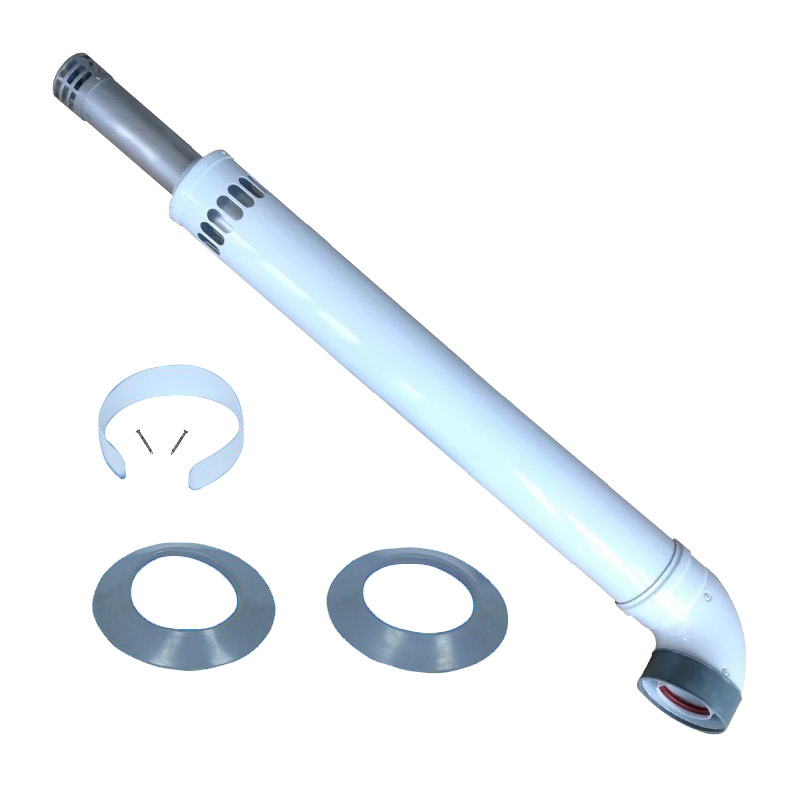Chimney liners are also known as a chimney flues, firep […]
Chimney liners are also known as a chimney flues, fireplace flues, flue pipes, flue liners, stainless steel chimney liners, fireplace liners, etc. Chimney liners are the passageway in the fireplace or furnace flue through which gases (carbon monoxide) and smoke travel in order to escape your home safely. Stainless steel chimney liners separate the fireplace or the furnace exhaust from the rest of your house. A wise homeowner will want to know about the condition of the whole chimney, including the fire liners, in the home he/she owns or plans to buy. Superior Chimney's CSIA (Chimney Safety Institute of America) Certified Chimney Sweeps can provide this chimney service. They are trained, tested, and Nationally Certified to inspect your chimney liners.

Advantages Of Stainless Steel Chimney Liners:
Stainless steel liners have a lifetime warranty.
Stainless flue liners provide superior fire protection for your home.
Meet code requirements for safe operation and resale.
Stainless steel chimney liners are one long continuous piece - not sectional (no connectors or fireplace mortar joints to shift or separate like clay tile chimney liners).
When your original construction fire clay flue tile liners are cracked, the cracks open during the heating phase and allow gases to pass through to your chimney walls. The gases, being acidic, attack the masonry and will shorten the life of your masonry structure. In addition, this will lead to carbon monoxide in your home. Stainless steel chimney liners are needed to exhaust all poisonous gas and chimney smoke out of your home safely.
The NFPA (National Fire Protection Association) Code 211 requires that all masonry chimneys be lined. Unlined chimneys are so unsafe that researchers characterized building chimneys without chimney flue liners as "little less than criminal". The installation of fire flue liners in chimneys in now required and began being recommended in the early part of the 1900's.
Your chimney system is an important part of your home heating system. For safe and efficient operation, your chimney should be checked annually by a CSIA (Chimney Safety Institute of America) Certified Chimney Sweep and swept as needed. Each year, unsafe chimneys cause significant numbers of deaths and injuries and account for more that $201 million in property losses. Make chimney examinations a regular part of your home maintenance schedule.
Some fireplace liner installations may need a smoke guard or an exhausto fan. Superior Chimney recommends all open masonry fireplace reliners be mechanically drafted with an exhausto fan.